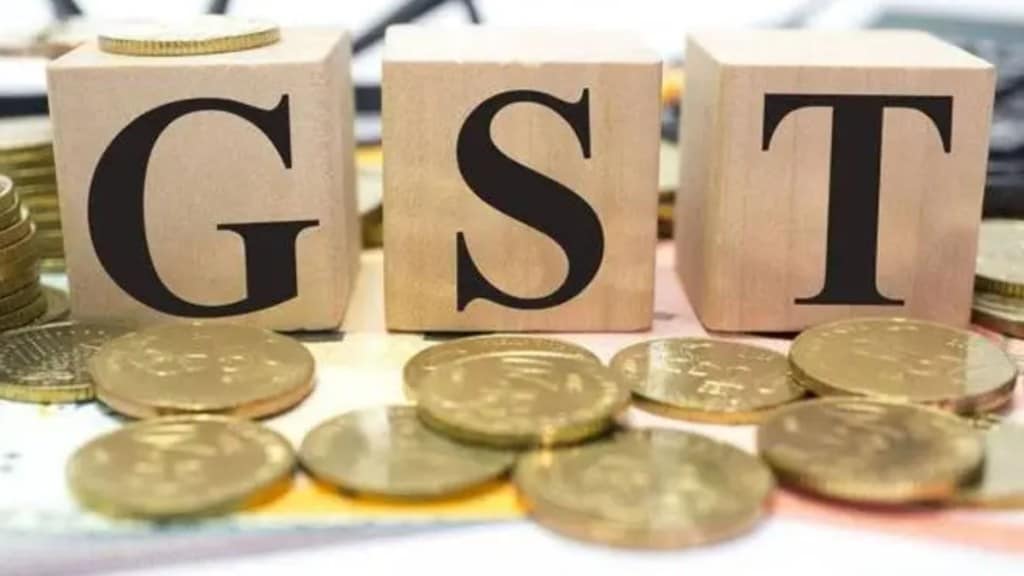Prime Minister Narendra Modi on Friday announced a big change in the present Goods and Service Tax (GST) regime this Diwali. Calling it a “Diwali gift” for the people of India, he said the changes would lessen the burden on the common man. Now, reports say the Centre has proposed to cut down the GST slabs from four to only two (standard and merit), and mulling to bring most of the items under the 12% bracket to 5% and those taxed at 28% will most likely be put under the 18% bracket.
A special tax rate of 40% would be put in place for products like tobacco, alcohol, pan masala and online betting among others, reported news agency PTI.
It cited government sources and said that 99% products of 12% slab are proposed to move in 5% slab and 90% of items in 28% slab are proposed to move in the 18% slab.
What is the status of the proposed new GST regime?
The PM said the changes will be there by Diwali, and hence it is being ascertained that the government has already begun the process to finalise the changes. The sources, as per PTI, said that the proposal by the Centre has been sent to the states. It has also been sent to the Group of Ministers (GoM) of the GST Council.
Now the GoM will study the proposal and a meeting of the GST Council is likely to be held in September-October to consider the proposal.
“This Diwali, I am going to make it a double Diwali for you. This Diwali, you fellow countrymen are going to get a very big gift. In the last 8 years, we have done a big reform of GST, reduced the tax burden across the country, simplified the tax regime and after 8 years, the need of the hour is that we should review it once. We started the review by setting up a high-power committee and also held discussions with the states,” PM Modi said in his Independence Day address to the nation.
“We are coming with the next generation of GST reforms, this will be a gift for you this Diwali, taxes needed by the common man will be reduced substantially, a lot of facilities will be increased. Our MSMEs, our small entrepreneurs, will get a huge benefit. Everyday items will become very cheap and that will also give a new boost to the economy,” he added.
What will become cheaper under revamped GST rates?
The government at present earns the highest tax collection, 65%, from the 18% levy. The 28% tax bracket provides 11% of total revenue while 12% slab accounts for just 5% of the revenue. The lowest tax slab of 5% on essential daily-use items contributes 7% of the Centre’s total GST earnings.
With reduced GST rates, several items, which were earlier taxed at 12% or 18%, will become cheaper for the consumers once they get covered under 5% slab. This includes snacks, packed items, and more:
- Tooth powder
- Hair oil
- Soaps (all categories mentioned)
- Toothpaste (some branded variants)
- Umbrellas
- Mobiles
- Processed food
- Computers
- Sewing machines
- Water filters and purifiers (non-electric types)
- Pressure cookers
- Electric irons
- Water heaters (geysers)
- Vacuum cleaners (low-capacity, non-commercial)
- Carriages for disabled persons
- Readymade garments (priced above Rs 1,000)
- Footwear (Rs 500 – Rs 1,000 range)
- Most vaccines
- Diagnostic kits for HIV, Hepatitis, TB
- Certain Ayurvedic and Unani medicines
- Exercise books
- Geometry boxes
- Maps and globes
- Cookware and utensils made of aluminium, steel
- Bicycles
- Non-kerosene stoves
- Barbecues
- Liquid soap
- Public transport vehicles (when sold, not for fare)
- Glazed tiles (basic, non-luxury variants)
- Pre-fabricated buildings
- Vending machines
- Agricultural equipment like mechanical threshers
- Packaged foods such as condensed milk, frozen vegetables (some variants)
- Solar water heaters
Items taxed at 18% and 28% will become cheaper from this Diwali after GST overhaul:
- Insurance: From 18% to 5% and in some cases – could be zero.
- Service sector – likely to attract 18%
- Cement
- Ready-mix concrete
- Air-conditioner
- Televisions
- Refrigerators
- Washing Machines
- Car and motorcycle seats (some variant may attract different rates)
- Roof-mounted package unit air-conditioning machines for railways
- Aerated water
- Dishwasher
- Aircraft for personal use
- Protein concentrates, sugar syrups, aroma coffee, coffee concentrates
- Dental floss
- Commercial plastic products
- Rubber tyres (taxed lower for bicycle and agricultural vehicles)
- Plaster
- Tempered glass
- Aluminium foil
- Razors
- Manicure/pedicure kits
- Printers

